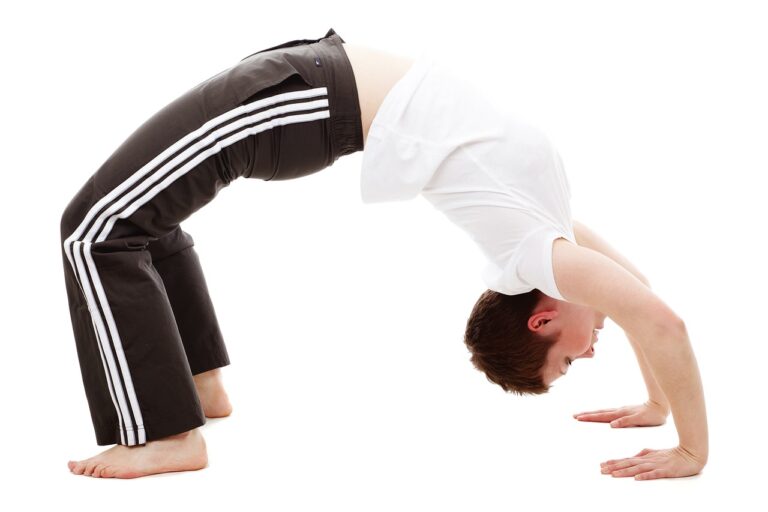Analyzing the impact of social determinants on access to infectious disease treatment: Cricbet99, Sky99exch, Reddy club book
cricbet99, sky99exch, reddy club book: In today’s fast-paced world, we are constantly bombarded with stressors that can have a significant impact on our health, especially for those dealing with chronic conditions like rheumatology flares. These flare-ups can be incredibly debilitating, causing pain, stiffness, and fatigue that can make even the simplest tasks feel impossible. While medication and other conventional treatments can be effective in managing these symptoms, many people are turning to mindfulness as a powerful tool in coping with rheumatology flares.
Mindfulness is the practice of purposely focusing your attention on the present moment and accepting it without judgment. It involves paying attention to your thoughts, emotions, and sensations in a non-reactive way, allowing you to cultivate a sense of calm and clarity even in the midst of pain and discomfort. Research has shown that mindfulness can help reduce stress, improve mood, and even decrease pain levels in individuals with chronic conditions like rheumatoid arthritis and fibromyalgia.
So, how exactly can mindfulness help in coping with rheumatology flares? Let’s break it down.
1. **Stress Reduction**: Stress is known to exacerbate rheumatology flare-ups by triggering inflammation and pain. By practicing mindfulness, you can learn to manage stress more effectively, which can in turn help reduce the frequency and severity of flare-ups.
2. **Pain Management**: Mindfulness can help you develop a different relationship with pain, allowing you to observe it without getting caught up in the story of suffering. This can lead to a reduction in pain perception and an increase in pain tolerance, making flare-ups more manageable.
3. **Emotional Regulation**: Dealing with chronic pain and illness can take a toll on your emotional well-being. Mindfulness can help you become more aware of your emotions and respond to them in a healthier way, reducing the impact of negative emotions on your physical health.
4. **Improved Quality of Life**: By incorporating mindfulness into your daily routine, you can learn to appreciate the small moments of joy and connection that can often be overshadowed by the pain of flare-ups. This can lead to an overall improvement in your quality of life, even in the face of chronic illness.
5. **Increased Self-Compassion**: Living with a chronic condition like rheumatoid arthritis can be challenging, both physically and emotionally. Mindfulness can help you cultivate self-compassion and self-acceptance, allowing you to treat yourself with kindness and understanding during difficult times.
6. **Enhanced Mind-Body Connection**: Mindfulness can help you develop a deeper connection with your body, allowing you to tune into its signals and respond to its needs more effectively. This increased awareness can help you better manage flare-ups and prevent them from escalating.
Incorporating mindfulness into your coping strategies for rheumatology flares doesn’t have to be complicated. Simple practices like deep breathing, body scans, and mindful movement can all be effective in helping you stay present and grounded during flare-ups. Additionally, mindfulness meditation and yoga have been shown to be particularly beneficial for individuals with chronic pain conditions.
Remember, mindfulness is a skill that takes time and practice to develop. Be patient with yourself as you explore different techniques and find what works best for you. And don’t be afraid to seek support from mindfulness-based programs or therapists who specialize in chronic pain management.
In conclusion, mindfulness can be a powerful tool in coping with rheumatology flares by reducing stress, managing pain, regulating emotions, improving quality of life, fostering self-compassion, and enhancing the mind-body connection. By incorporating mindfulness practices into your daily routine, you can take control of your health and well-being, even in the face of chronic illness.
**FAQs**
1. **How long does it take to see the benefits of mindfulness in coping with rheumatology flares?**
The effects of mindfulness can vary from person to person, but many individuals report experiencing benefits within a few weeks of consistent practice. It’s important to approach mindfulness with an open mind and a willingness to explore different techniques to find what works best for you.
2. **Can mindfulness replace medication in managing rheumatology flare-ups?**
While mindfulness can be a valuable tool in managing flare-ups, it is not a substitute for medication or other conventional treatments. It can complement your existing treatment plan and help enhance its effectiveness, but it’s important to work with your healthcare provider to create a holistic approach to managing your condition.
3. **Are there any contraindications to practicing mindfulness with rheumatology flares?**
Mindfulness is generally safe for individuals with chronic conditions like rheumatoid arthritis, but it’s always important to listen to your body and adjust your practice as needed. If you experience increased pain or discomfort while practicing mindfulness, consult with your healthcare provider to ensure that it’s the right approach for you.







